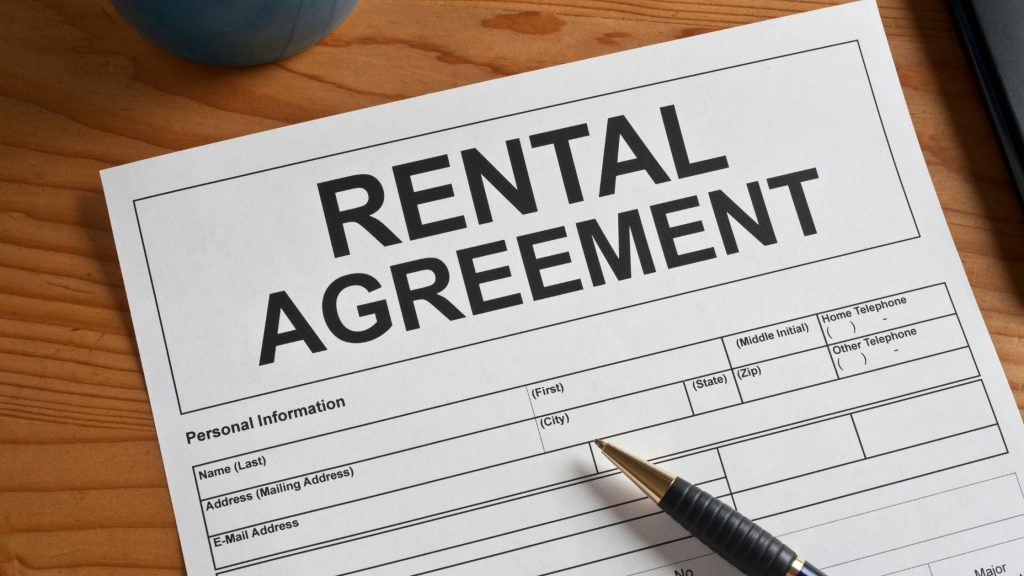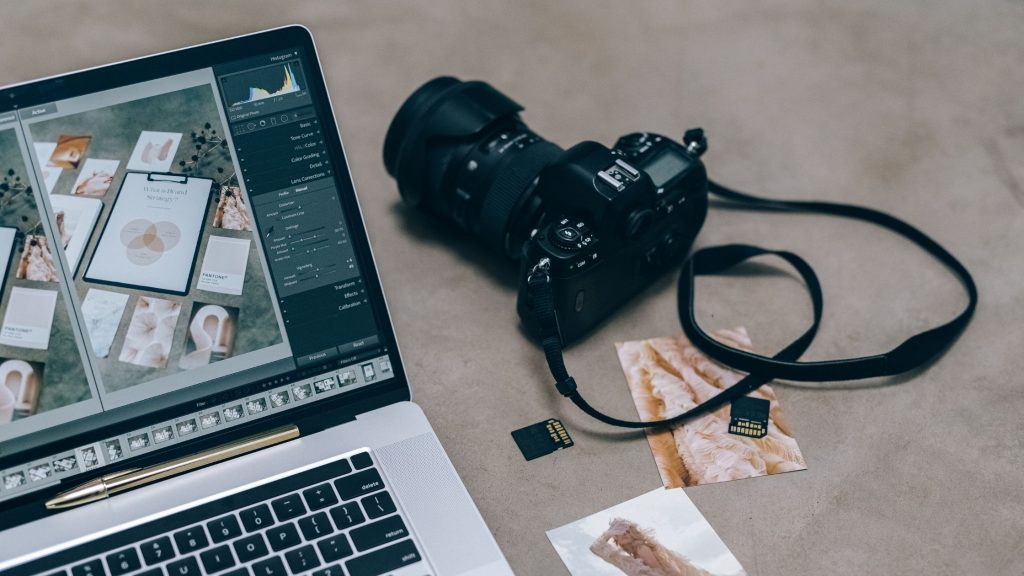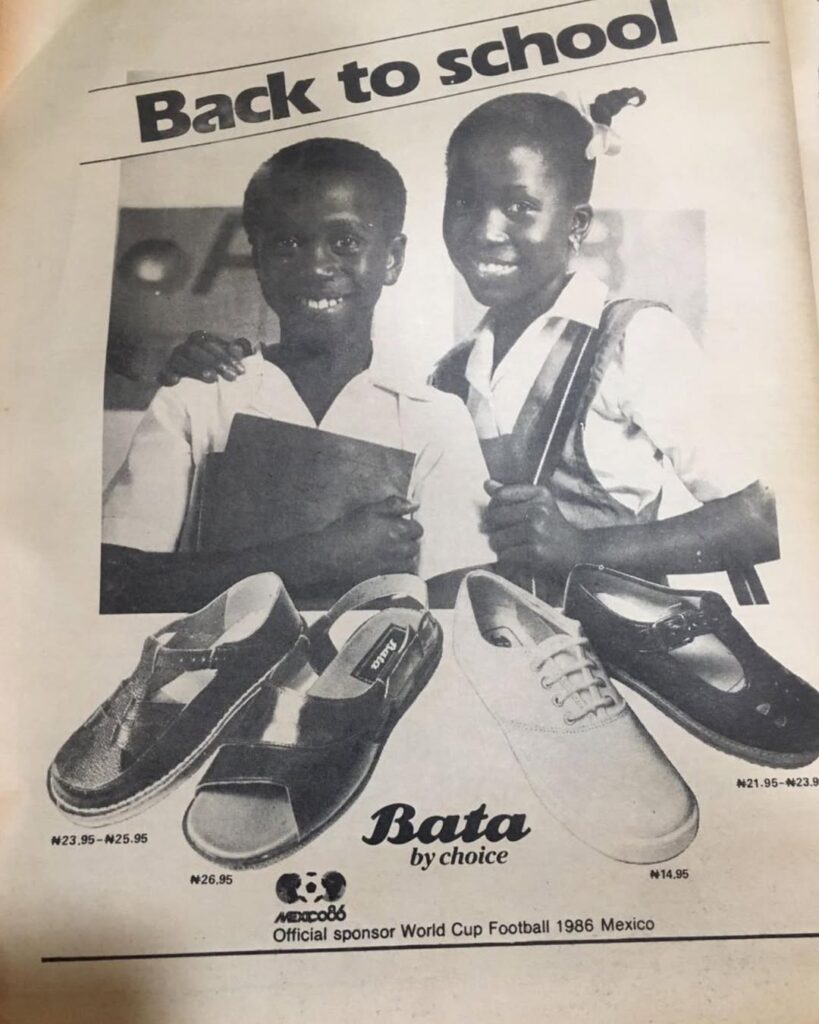The rental economy has transformed from a niche market into a trillion-dollar industry that shows no signs of slowing down. Side hustlers, passive income seekers and entrepreneurs are discovering that rental businesses offer one of the most sustainable paths to building recurring revenue streams while meeting the growing demand for access over ownership.
Here’s a curated list of rental businesses to explore in 2025 and beyond.

The Outlook of The Global Rental Market
The modern rental economy has grown far beyond traditional car rentals and equipment leasing. Today’s consumers increasingly prefer access to goods and services without the burden of ownership, maintenance, and storage. This shift has created unprecedented opportunities for savvy entrepreneurs to build profitable rental businesses across diverse industries.
The global rental market is experiencing explosive growth, with industry analysts projecting compound annual growth rates (CAGR) of 8-12% across various rental sectors through 2030. Several factors drive this expansion. They include:
- Economic Consciousness: Rising costs of living make rentals an attractive alternative to purchasing
- Sustainability Concerns: Environmental awareness promotes sharing economy principles
- Space Constraints: Urban living limitations increase demand for on-demand access
- Technology Integration: Digital platforms streamline rental processes and expand market reach
- Generational Shifts: Millennials and Gen Z prioritize experiences and flexibility over ownership
Top 10 Rental Business Opportunities for 2025
1. Home Staging Furniture Rentals
The real estate market’s resilience has created sustained demand for home staging services. Rather than purchasing expensive furniture inventory, savvy entrepreneurs are building rental businesses that serve home stagers, real estate agents and property sellers without owning furniture.
This rental model involves curated collections of neutral, contemporary furniture pieces that can transform vacant properties into appealing spaces. It’ll require you to focus on versatile items like sofas, dining sets, bedroom furniture other and decorative accessories that photograph well and appeal to broad audiences.
When a home is sold, most people don’t move out immediately. They instead occupy the home while it is listed for sale. You can begin with occupied home staging consultations, where you use the seller’s own decor to declutter and stage their home, then gradually build or rent your own inventory using initial profits. To build a clientele, you can partner with local real estate agents and establish relationships with home staging professionals who prefer renting over purchasing.
2. Outdoor Adventure Equipment Rentals
The outdoor recreation boom continues strong into 2025, driven by increased interest in health, wellness and experiential activities. Equipment rental businesses serve both tourists and locals who want to try activities without major investments.
Equipment needed includes camping gear, hiking equipment, fishing tackle, kayaks, paddleboards, ski equipment, bicycles and photography gear for outdoor enthusiasts. You will also need to optimize for seasons and develop rotating inventory that maximizes year-round utilization and helps you transition from winter sports equipment to summer water sports seamlessly.
Your target markets will include tourists, weekend warriors, college students and families testing new activities ahead of purchasing their own equipment.
3. Event and Party Supply Rentals
The events industry rebounded strongly post-pandemic and shows continued growth in 2025. From intimate gatherings to large celebrations, people consistently need temporary access to tables, chairs, linens, lighting and decorative elements. You will rent out the equipment and supplies people typically need for events. Upon their return, you will clean, store and rent them out again.
You might need to focus on specific niches like children’s parties, corporate events, wedding ceremonies, or cultural celebrations to build expertise and premium pricing power. For your inventory, start with basic items like tables and chairs, then expand into specialized decorative pieces, audio-visual equipment, and unique themed accessories. You might consider integrating other services including delivery, setup and pickup services to differentiate you from your competitors and increase revenue per transaction.
4. Technology and Electronics Rentals
Rapid technological advancement makes electronics rentals increasingly attractive. Consumers and businesses need access to latest devices without committing to purchases that quickly become obsolete. Some high-demand items you might consider include professional cameras, gaming consoles, laptops, tablets, projectors, sound systems and specialized software equipment.
You can target small businesses needing temporary equipment for projects, students requiring specific technology for coursework and individuals testing products before purchase. You will need to build relationships with repair services and maintain current software licenses to ensure optimal equipment performance.
5. Specialty Tools and Equipment Rentals
Home improvement trends and DIY culture create consistent demand for specialized tools that homeowners use infrequently. This sector offers excellent profit margins with lower inventory costs than many alternatives. Tools to consider adding to your inventory include power tools, lawn and garden equipment, cleaning machines, automotive tools and specialized trade equipment.
Alongside the equipment, you will also need to provide usage instructions, safety guidelines and project consultation to build customer confidence and loyalty. To quickly build and expand your customer base, you can partner with hardware stores, contractors and home improvement educators.

6. Fashion and Luxury Item Rentals
The fashion rental market continues to expand as consumers seek access to designer items, special occasion wear and luxury accessories without having the pay the full purchase price. The most profitable market segments include special occasion dresses, designer handbags, jewellery, formal menswear, and seasonal fashion items. While building your inventory, focus on timeless pieces and trending items that photograph well for social media-conscious customers.
For quality management, you will need to implement rigorous cleaning, maintenance and inspection protocols to maintain item condition and customer satisfaction.
7. Baby and Child Equipment Rentals
The baby equipment rental market addresses a universal parent challenge: children outgrow expensive items rapidly. From cribs and strollers to high chairs and car seats, parents need constant access to age-appropriate equipment without the financial burden of purchasing items used for mere months.
Your core inventory will include cribs, strollers, car seats, high chairs, bouncers, play yards, toys and developmental equipment. You can focus on premium brands that emphasize safety and durability. You should target travelling families, grandparents hosting grandchildren, parents testing products before purchase and families in transitional living situations.
For safety, you will need to maintain rigorous cleaning protocols and stay current with safety recalls and regulations. You can partner with paediatric safety experts to ensure all equipment meets current standards. To enhance your service, be sure to offer delivery, setup and instruction services, particularly valuable for complex items like car seats and cribs.
8. Fitness and Wellness Equipment Rentals
The home fitness trend accelerated during recent years and continues strong into 2025. Rather than committing to expensive equipment purchases, fitness enthusiasts prefer trying different workout modalities through rentals. Your equipment range should typically include: treadmills, stationary bikes, rowing machines, weight sets, yoga props, physical therapy equipment, and specialized fitness accessories.
To stay ahead, use a monthly rental packages that allow customers to rotate between different equipment types, keeping workouts fresh and engaging. Target businesses implementing employee wellness programs that need temporary fitness equipment for workplace initiatives.
9. Storage and Moving Solutions Rentals
Urban living constraints and frequent relocations create consistent demand for temporary storage and moving equipment. This business serves both residential customers and small businesses that need flexible storage solutions. Your inventory will include portable storage containers, moving dollies, furniture pads, packing supplies, truck rental add-ons and specialized moving equipment.
To build your clientele, partner with moving companies, real estate agents, and storage facilities to create comprehensive solution packages. Construction companies, event planners, retail businesses and seasonal operations frequently need temporary storage solutions. Peak demand for moving solutions occurs during traditional moving seasons (spring/summer) and holiday storage needs. This provides for strategic pricing optimization.
10. Creative and Artistic Equipment Rentals
The creator economy boom has generated substantial demand for professional-quality creative equipment. Artists, content creators and small businesses need access to expensive tools without major capital investments. Your inventory will include professional lighting setups, camera equipment, audio recording gear, art supplies, pottery wheels, 3D printers and digital design hardware.
You will need to collaborate with art schools, community colleges and creative workshops to provide equipment for classes and student projects. Or you can instead focus on content creators and serve YouTubers, podcasters, photographers and social media influencers who need professional equipment for specific projects or to test before purchasing. You might incorporate basic training or partner with equipment experts to help customers maximize rental value and build loyalty.

Tips For Building Your Rental Business Foundation
1. Financial Planning: Calculate startup costs including initial inventory, insurance, storage space, and working capital. Plan for 6-12 months of operating expenses before expecting consistent profitability.
2. Keep Legal Considerations In Mind: Establish comprehensive rental agreements, liability insurance and proper business structure. Consult legal professionals familiar with rental industry regulations. Where required, get your certification.
3. Incorporate Technology: Invest in rental management software to track inventory, manage customer relationships and streamline operations. Consider using mobile apps for customer convenience. Successful rental businesses excel in inventory management, customer service, and operational efficiency. Implement systems for tracking equipment condition, scheduling maintenance, and managing customer relationships.
4. Marketing Strategy: Build a strong online presence through social media, local SEO and partnership marketing. Customer reviews and referrals drive significant business in the rental industry so be sure to ask for reviews and referrals from your clients. Focus on quick turnaround times and exceptional customer experiences to build repeat business and referrals.
5. Quality Control: Establish inspection protocols for returned items, cleaning procedures and replacement schedules to maintain inventory quality and customer satisfaction.
6. Customer Relationship Management: Build databases of customer preferences, rental history, and feedback to personalize service and identify upselling opportunities.
Your Rental Business Journey Starts Now
The rental economy offers tremendous opportunities for entrepreneurs willing to identify market needs and provide reliable, high-quality solutions. Whether you’re drawn to home staging furniture, outdoor equipment, or specialized tools, success comes from understanding your market, maintaining quality inventory, and delivering exceptional customer service.
Ready to Transform Your Entrepreneurial Dreams into Reality?
Join our comprehensive Monthly2k course that was designed specifically for aspiring business owners. This intensive program provides step-by-step guidance on how to pick a side hustle or business idea, validate it, launch, manage operations and scale.
When you buy it, you get additional materials, including a database of side hustles, access to a community of entrepreneurs and marketing templates, all for free.
The SimplVest Monthly2k course will give you the knowledge and confidence to launch your rental business successfully. Other successful rental entrepreneurs have used it to build profitable businesses. Your rental business journey begins with the right education and support.












